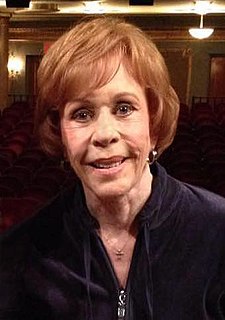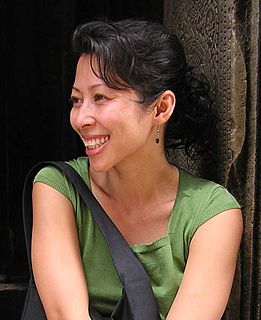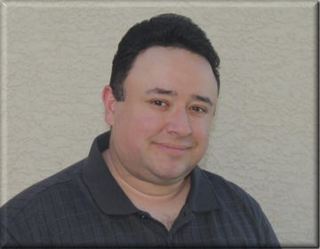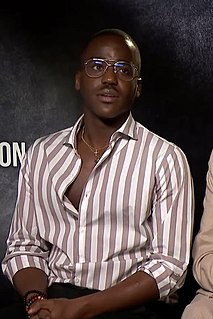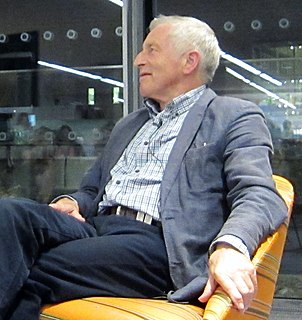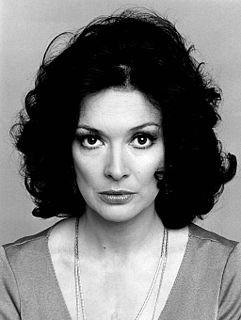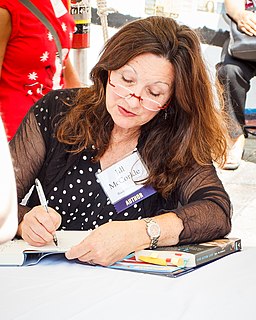A Quote by Maeve Binchy
Growing up in Ireland, there never seemed to be the notion that children should be seen and not heard. We all looked forward to mealtimes when we'd sit around the table and talk about our days. Storytelling and long, rambling conversations were considered good things.
Related Quotes
You've heard me talk about the quantum realm in Ant-Man which was certainly designed for that movie and for that story to take the notion of somebody who has the ability to shrink to another level we've never seen before, but as we were doing that, and studying it and talking to the science advisors who are always more than willing to spend an afternoon with us and talk about these amazing things - the quantum realm is another dimension.
I believe that one of the most damning things about our culture is the adage to never talk religion and politics. Because we don't model this discourse at the dinner table and at Thanksgiving, we don't know how to do it well and we're not teaching our children about the world and about how to discuss it.
I always wanted to have a young female artist that would tell me the truth about life and not only talk about the good things or the things that were exciting or interesting but also talk about the things that people in general are skeptical to talk about- the bad things that do happen. A good 50% of our lives is things that are happening that we're not necessarily super thrilled about and I feel like that's missing from pop music a lot of the time so my main goal is to be truthful about everything and not just specific things.
We used to all come outside when the streetlights came on and prowl the neighborhood in a pack, a herd of kids on banana-seat bikes and minibikes. The grown-ups looked so silly framed in their living-room and kitchen windows. They complained about their days and signed deep sighs of depression and loss. They talked about how spoiled and lucky children were these days. We will never be that way, we said, we will never say those things.



